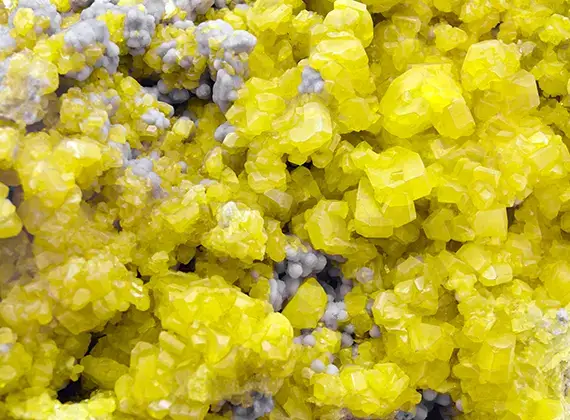

The smell of sulphur is produced when sulphur bacteria break down and release hydrogen sulphide gas, often leaving an aroma of rotten eggs. Sulphur bacteria are naturally present in groundwater, therefore the smell is most likely due to reactions occurring in your hot water and are not a threat to your health. Water that smells strongly of sulphur or like rotten eggs, is likely attributed to the presence of hydrogen sulphide. While it is not dangerous for your water to smell like sulphur, it may signify high levels of pollution or chemicals and we would recommend you do not drink or use until this stops.
What causes my water to smell like sulphur?
If your water smells strongly of sulphur or rotten eggs, it is likely attributed to the presence of “sulphur bacteria” or hydrogen sulphide. Sulphur bacteria lives in oxygen deficient environments, such as plumbing systems and feed on decaying organic matter, creating hydrogen sulphide gas that gets trapped in your water pipes. If you smell sulphur when you use the hot tap, there might be a build up of bacteria in your water heater. Reactions caused by the magnesium rod and aluminium in your water heater produce hydrogen sulphide gas, yielding a stronger egg scent when you use the hot water. If there is a strong egg-like scent when you run the cold and hot taps, it is likely there is a buildup of sulphur in your pipes.
What should I do if my water smells like sulphur?
Make a note of your meter reading, as you may be entitled to a partial refund or run off credit. Run your cold and hot taps to establish whether the fault lies with your entire plumbing system or a single tap. For matters related to your hot water heater, contact a water system professional who can replace the magnesium anode or flush the heater with a chlorine bleach solution. Additionally, a water filtration system can eliminate impurities such as sulphur bacteria.
Contact your water supplier or a water system professional to test your water system for the safe levels of chemicals and bacteria. After locating the source of the hydrogen sulphide or sulphur bacteria in your water source, check for proper ventilation so the gas has a means of escape.
